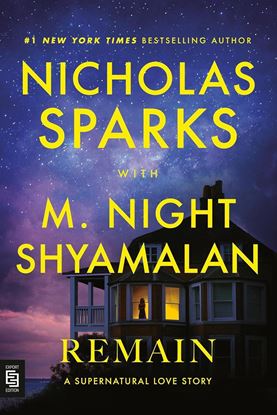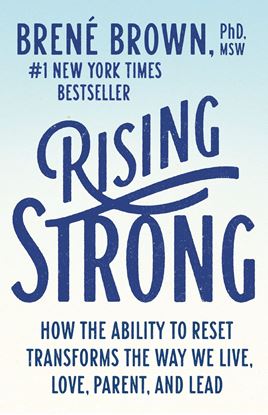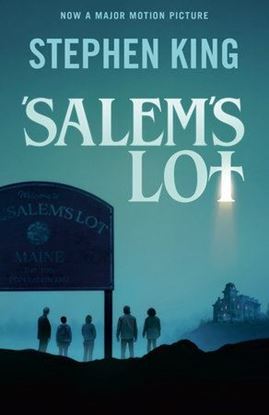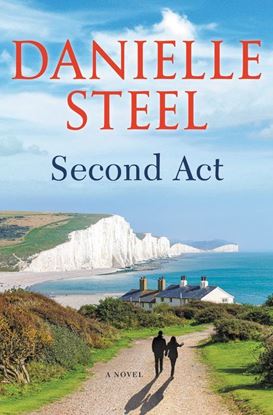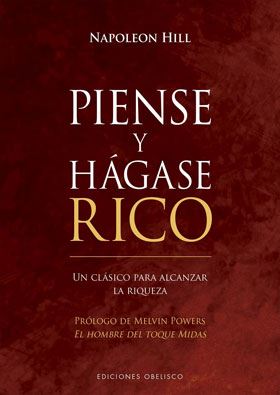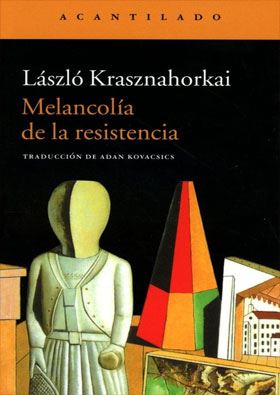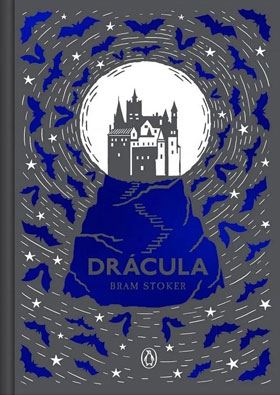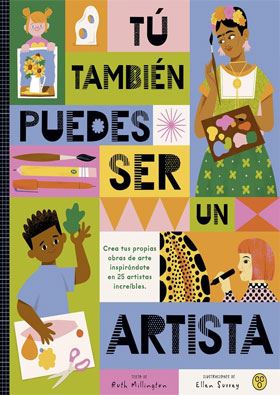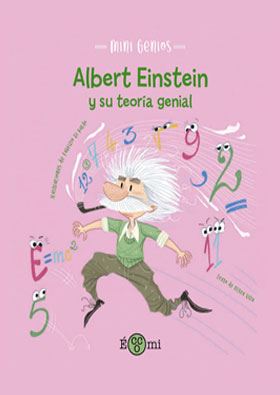

RELATIONSHIP GOALS
Abigail Hunt’s Hollywood dreams could best be described as slow burn…but she’s about to graduate from TV sidekick to dramatic actor. When the esteemed director of her breakout role suggests a deep dive for her part by shadowing the head of a struggling pro soccer team, she jumps at the chance to prove she’s ready.
Getting asked out by notorious grump and gorgeous star player Luke Wolfe wasn’t in the plan, but suddenly her research is getting a lot more…hands-on. Their relationship quickly sets social media on fire, and Luke seems determined to prove he’s more than his villainous reputation. But just when Abigail is happier than ever—her name in lights and her heart in good hands—the other cleat drops: Luke’s been coerced into faking their relationship to improve the team’s ticket sales.
Furious, Abigail refuses to give Luke the satisfaction of dumping him—she decides to get even. Over-the-top dates, treating his games like fashion shows, and befriending the fan club he hates? Count her in. It’s only a matter of time until she pushes the right buttons.
She just didn’t expect him to keep putting up with it—or to say I love you.
1,350
RISING STRONG
Social scientist Brené Brown has ignited a global conversation on courage, vulnerability, shame, and worthiness. Her pioneering work uncovered a profound truth: Vulnerability—the willingness to show up and be seen with no guarantee of outcome—is the only path to more love, belonging, creativity, and joy. But living a brave life is not always easy: We are, inevitably, going to stumble and fall.
It is the rise from falling that Brown takes as her subject in Rising Strong. As a grounded theory researcher, Brown has listened as a range of people—from leaders in Fortune 500 companies and the military to artists, couples in long-term relationships, teachers, and parents—shared their stories of being brave, falling, and getting back up. She asked herself, What do these people with strong and loving relationships, leaders nurturing creativity, artists pushing innovation, and clergy walking with people through faith and mystery have in common? The answer was clear: They recognize the power of emotion and they’re not afraid to lean in to discomfort.
Walking into our stories of hurt can feel dangerous. But the process of regaining our footing in the midst of struggle is where our courage is tested and our values are forged. Our stories of struggle can be big ones, like the loss of a job or the end of a relationship, or smaller ones, like a conflict with a friend or colleague. Regardless of magnitude or circumstance, the rising strong process is the same: We reckon with our emotions and get curious about what we’re feeling; we rumble with our stories until we get to a place of truth; and we live this process, every day, until it becomes a practice and creates nothing short of a revolution in our lives. Rising strong after a fall is how we cultivate wholeheartedness. It’s the process, Brown writes, that teaches us the most about who we are.
1,250
ROLL FOR ROMANCE
When Sadie Brooks unexpectedly loses her marketing job, she flees New York City to spend the summer with her best friend in small-town Texas, where joining his Dungeons & Dragons campaign is the perfect distraction while she plans her next steps.
In the game, she becomes Jaylie, a powerful human cleric blessed by the Goddess of Luck. But in real life, Sadie believes her luck has run out—until she meets Noah Walker, the outgoing bartender roped into joining their party as Loren, an adventurous and charismatic lute-strumming elf. Just as Jaylie finds herself succumbing to the bard’s charms over the course of their party’s travels, Sadie also begins to fall under Noah’s spell.
As their relationship progresses in both worlds, Sadie wonders if what they have might last beyond the game. But like his traveling bard character, Noah never stays in one place for long. When a new opportunity arises in New York, Sadie must face the truth about why she lost her job in the first place—and whether she and Noah have found something in Texas worth staying for. Torn between her career dreams in the city and the exciting uncertainty of a new adventure, she will have no choice but to roll the dice.
1,250
SALEM S LOT (MOVIE TIE-IN)
When two young boys venture into the woods, and only one returns alive, Mears begins to realize that something sinister is at work. In fact, his hometown is under siege from forces of darkness far beyond his imagination. And only he, with a small group of allies, can hope to contain the evil that is growing within the borders of this small New England town.
With this, his second novel, Stephen King established himself as an indisputable master of American horror, able to transform the old conceits of the genre into something fresh and all the more frightening for taking place in a familiar, idyllic locale.
995
SECOND ACT
As the head of a prestigious movie studio for nearly two decades, Andy Westfield has had every conceivable professional luxury: a stunning office on the forty-fourth floor, a loyal assistant who can all but read his mind, access to a private jet and company cars. The son of Hollywood royalty, Andy always put his career before his marriage, and now, besides his daughter and young grandchildren, it’s the only thing he truly loves.
But then Andy’s world is upended. The studio is sold, and the buyer’s son demands the top seat. Out of a job and humiliated, Andy spirals. When his head clears, he decides to get as far away from Los Angeles as possible until the dust settles and he can find a new way forward.
Andy signs a six-month rental agreement for a luxurious home in a tiny, forgotten coastal town two hours from London. When he arrives, he hires a local woman to help get his affairs in order. A former journalist, Violet Smith is at a crossroads as well, and this temporary job is exactly what she needs to tide her over. But when Violet leaves the manuscript of her unfinished novel behind after work one day, Andy lets his curiosity get the best of him and is captivated by a story that begs to be adapted for the big screen. Could this be the miracle they’ve both been looking for?
In Second Act, Danielle Steel presents a heartening tale of how challenging times give way to opportunities and an original outline does not always contain the perfect ending.
995


